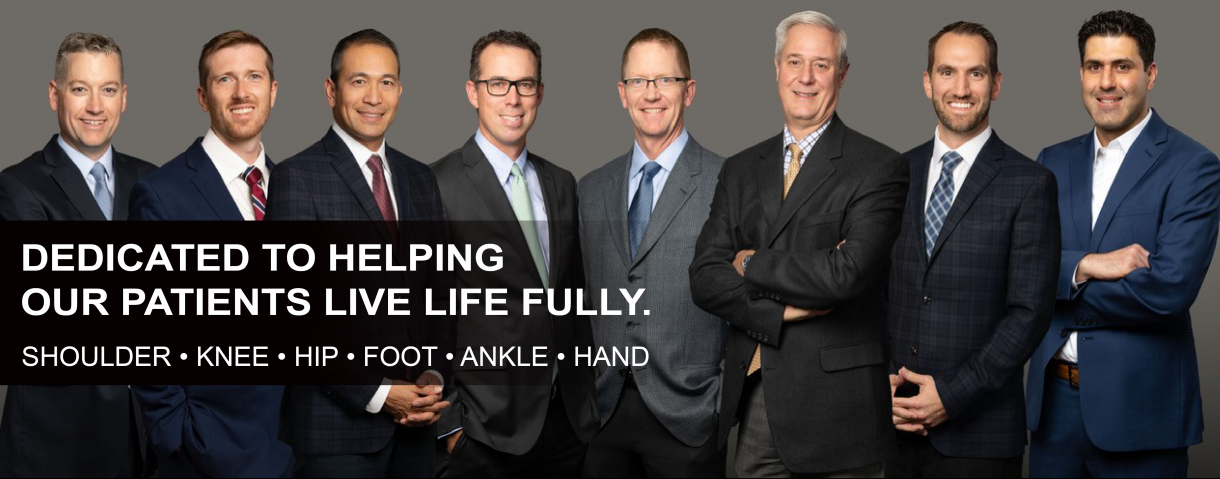Does Smoking Effect Healing? What You Need To Know If You’re A Smoker
It’s no secret that smoking makes a compellingly obvious, and sometimes detrimental, impact on our overall health. Even the healthiest individual can feel the effects of long-term smoking quite apparently. But has the question ever been asked about what type of effects smoking can have on the healing process? When the body heals itself, it requires nutrients, energy, rest, and sometimes even medication, so if we knowingly ingest harmful and toxic chemicals into our body during the healing process, could this hinder or disrupt the natural healing process?
In fact, research has shown that smoking can negatively impact the healing process after surgery. And while risk goes down if you can quit smoking prior to your surgery, it is certainly no secret that heavy smokers can experience a more lengthy recovery process if they are unable to quit prior to their surgical treatment.
What Does Smoking Do To The Body During The Healing Process?
When healing or recovering after an injury or after surgery, the body craves oxygen. Hemoglobin works to carry oxygen all throughout the body to ensure that the affected areas are adequately supplied as the body’s defense and recovery systems work to repair and rebuild the affected area. For regular smokers, the chemicals that are ingested into your body while smoking a cigarette actively work to change the way in which oxygen is delivered throughout the body. For example, the Hemoglobin in the bodies of heavy smokers are not nearly as efficient as the Hemoglobin found in non-smokers; it cannot travel as quickly, it cannot carry as much oxygen as usual, and it may even have a hard time making it through the blood vessels that have contracted and become narrow after being exposed to cigarette smoke.
In addition, smoking regularly causes blood to become thicker, forcing it to travel more slowly throughout the body. Oftentimes, smokers experience a lack of blood flow to the crucial areas of the body, causing other harmful effects. And after experiencing a recent traumatic injury or surgical treatment, it’s rather clear to see why smoking can negatively impact the healing process. In fact, new research is beginning to support the theory that smokers experience more pain after surgery when compared to non-smokers.
And even more recently, an article published in the American Journal of Sports Medicine claimed that smoking can heavily affect the healing process, even resulting in a complete failure of the process, in patients who had received arthroscopic rotator cuff repair.
What Does All of This Evidence Mean?
Well, it certainly means that doctors and orthopedic surgeons are recommending that their patients quit smoking prior to their surgery. The good news lies in the fact that the body can prepare itself if a patient quits early enough prior to their scheduled surgery date, but the irreparable damage caused by regular cigarette smoke can still cause devastating effects elsewhere throughout the body. So, if you’re a smoker, keep an eye on your surgery date and be sure to clear your body of the harmful toxins ingested by smoking.







Leave a Reply